For decades, smallholder women farmers in Nigeria have been the backbone of food production, yet their efforts have rarely been matched with equal access to mechanisation. Large tractors and heavy machines were seen as tools for men, while women were left to till the soil with hoes, weed by hand, and carry baskets of harvested rice on their heads. Their labour sustained households and communities, but their contribution remained undervalued and under-supported.
Grace Iorhea knows this struggle all too well. She remembers how every harvest season left her body aching from endless manual labour. “We threshed rice by hand, beat it with sticks, or used stones,” she told AgroNigeria. “Sometimes we lost nearly half of the grains, and by the time we finished, we were too exhausted to even go to the market.”
For women like Iorhea, exclusion from mechanisation was not just about cost. The available machines were often bulky, expensive, and designed without women in mind. As a result, their hard work remained invisible, even though they produced a large share of the food that sustained their families and communities.
That story began to change when Women in Mechanized Agriculture (WIMA) introduced climate-smart technologies—including solar-powered knapsack sprayers, rice threshers, and more—to Old Demsa community in Adamawa State.
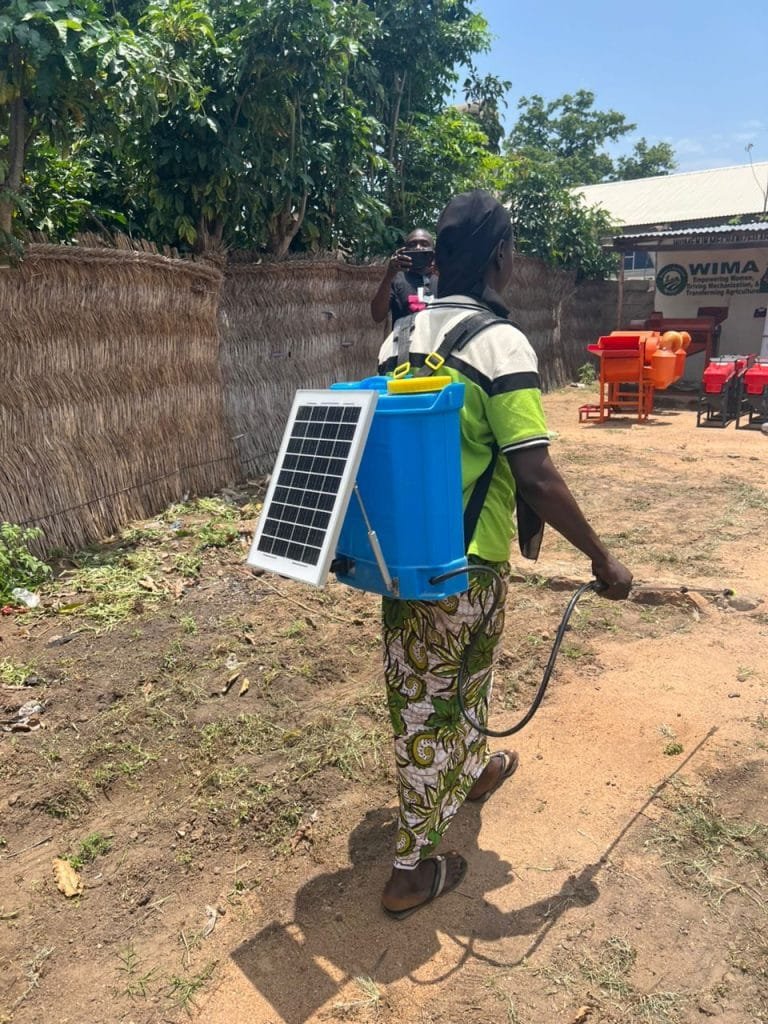
WIMA: Women Leading Women into Mechanisation
WIMA is a women-led agricultural mechanisation association in Nigeria, dedicated to empowering women farmers through access to modern tools, training, and investment opportunities.
Speaking with AgroNigeria, WIMA’s Coordinator for Adamawa State, Ummi Umar Gaya, explained how local women are taking the lead in adopting climate-smart technology.
“We have 50 women in all. Among them are Mechanized Service Providers (MSPs), including two operators and one mechanic. We group them into cooperatives so that it makes their work easier. Each group has seven members, including two operators and one mechanic,” she said.
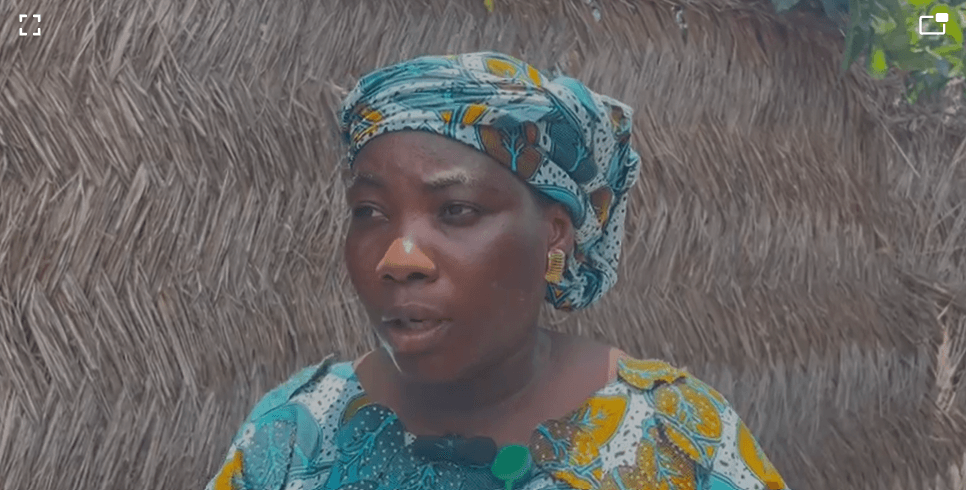
Gaya praised the warm reception WIMA received from the Old Demsa community. “I’m truly grateful to the village head,” she recalled. “When I approached him with WIMA’s plans for introducing mechanised farming, he not only welcomed the idea but gathered all the farmers within two days to hear more.”
According to her, WIMA’s intervention has helped women transition from traditional to modern farming practices. “We empowered them by eradicating the old method of farming and bringing in new mechanised agriculture machines,” she said.
In just three LGAs in Adamawa, over 1,000 farmers have benefited, with more than 50 women directly impacted in Old Demsa since the intervention began in March 2025.
The Forgotten Hands That Feed Us
Women form over 60% of Nigeria’s agricultural labour force, yet their realities are rarely reflected in policy. They are the backbone of planting, harvesting, and processing, but remain locked out of land ownership, credit facilities, and mechanisation. Programs often assume farmers are men, overlooking women’s voices in extension services and innovation.
This exclusion is costly. As the Minister of Women Affairs and Social Development, Imaan Sulaiman-Ibrahim, recently lamented, “70% of our agricultural workforce are female. 80% of agro-output is produced by women. And yet, women earn 30% less for the same work. Only 10% own farmland. Only 10% have access to financing. This exclusion is not always deliberate, but it is real.”
Propcom+: Turning Lamentation into Empowerment
To rewrite this timeless dirge of exclusion, Propcom+, a UK FCDO-funded programme, has committed to improving the livelihoods of 3.79 million smallholder farmers and agricultural SMEs in Nigeria by 2030—with at least 50% being women or women-led, Country Representative/Political Director, PropCom+, Dr. Adiya Ode, said.
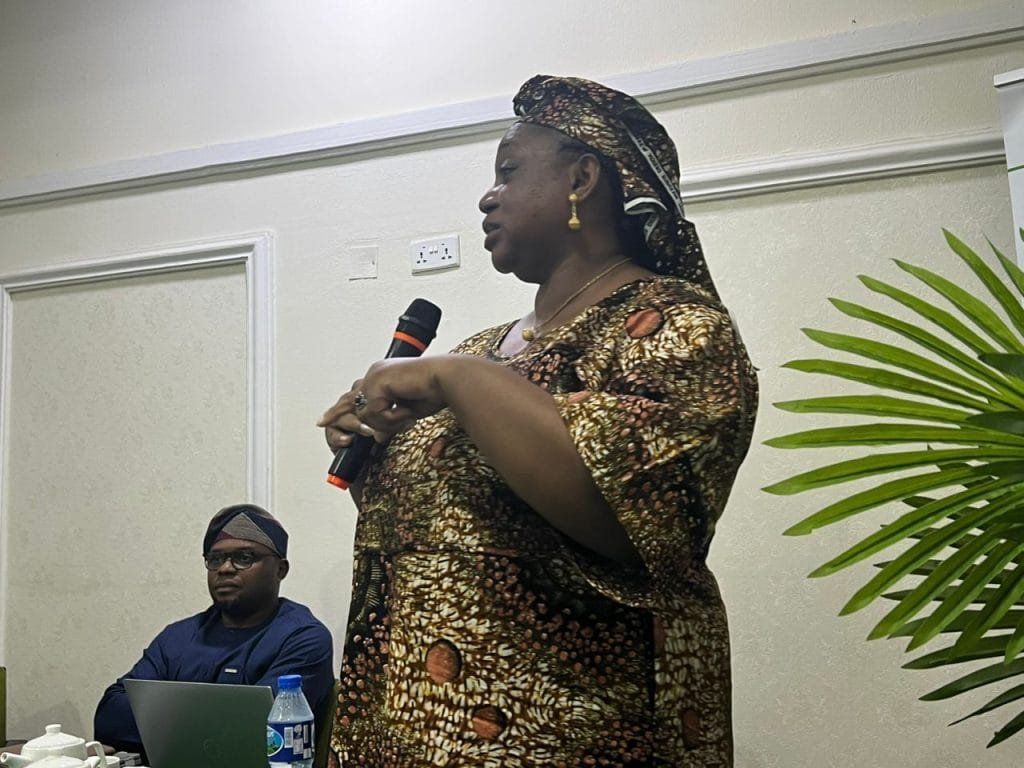
Working in partnership with WIMA, Propcom+ has supported the procurement and deployment of climate-smart, solar-powered equipment such as irrigation pumps, threshers, knapsack sprayers, and dryers in Demsa LGA.
According to Kator Abaagu, Portfolio Manager, Propcom+, the collaboration covers 70% of equipment costs through a grant facility, while WIMA contributes the remaining 30%. “This ensures women have access to equipment and can provide services to other farmers, increasing access in rural areas,” he explained.
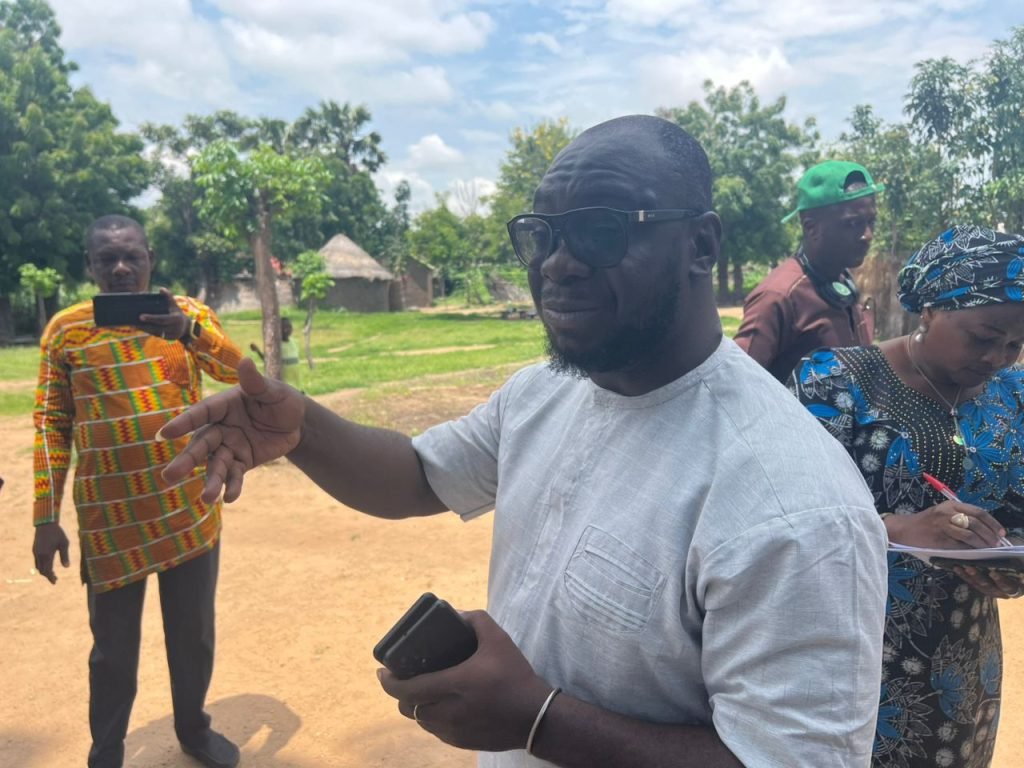
The equipment includes 8 solar-powered irrigation pumps, 8 threshers, 8 sprayers, 1 solar vegetable dryer, and 2 electric vehicles (being assembled in Kaduna). The solar-based design reduces costs, eliminates fuel dependency, and keeps services affordable—spraying an entire hectare costs just ₦500–₦1,000, compared to ₦1,500 elsewhere.
Crucially, women operators received training directly from equipment manufacturers, transforming them into recognised Mechanised Service Providers (MSPs).
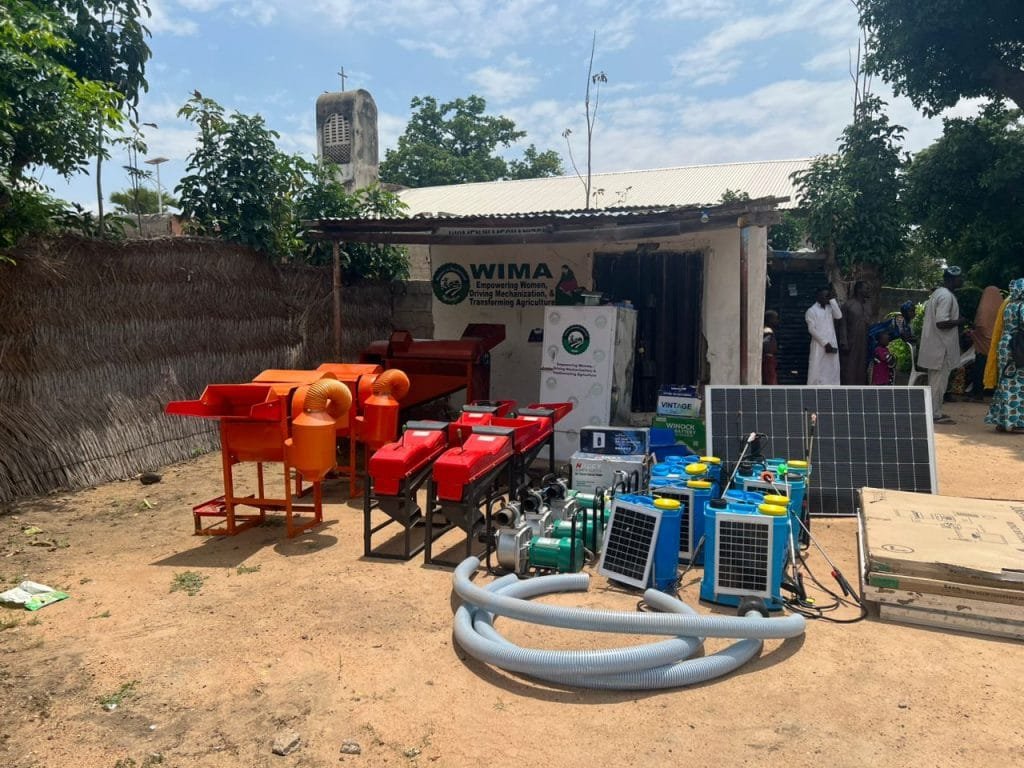
From Back-breaking Labour to Dignity
For Iorhea, using a rice thresher for the first time was transformative. “What used to take three days of back-breaking labour, I completed in a few hours,” she said. Another woman shared how the solar sprayer not only saved time but also reduced health risks.
These machines are more than tools—they are symbols of dignity, productivity, and opportunity.
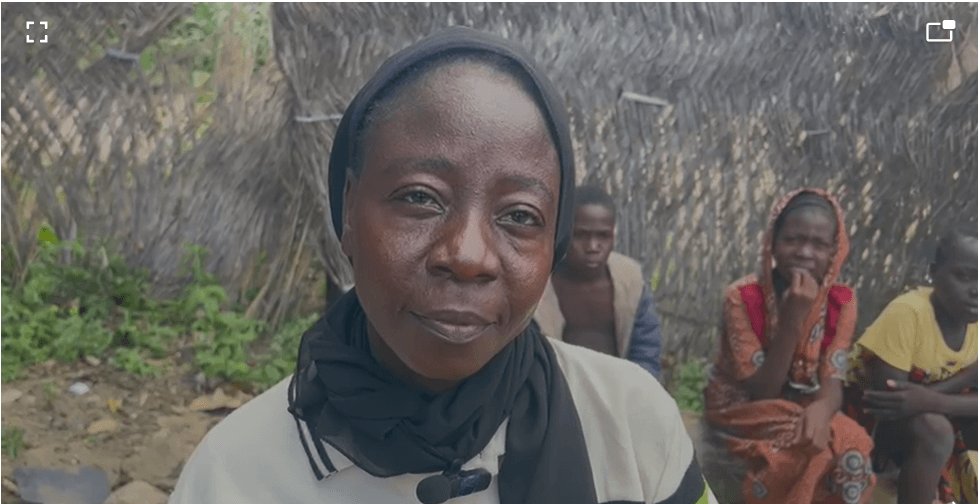
As Nesther Nibza, President of the Moreno WIMA Cooperative Association, explained: “We used to be left out when people talked about mechanisation. Now, we are the ones teaching others how to use these machines. Climate-smart tools are not just machines; they are keys that unlock the strength of women farmers.”
Yet, she still hopes for more: “I need a grinding machine and a power tiller. With just one power tiller, I can finish 50 hectares in a week.”
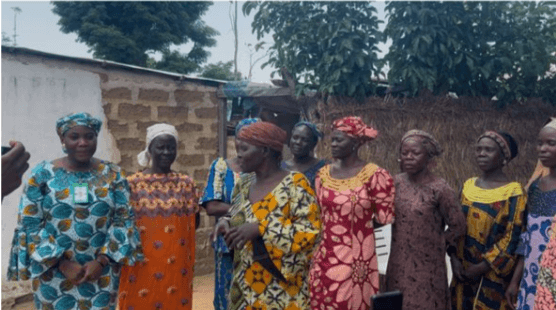
A Community’s Gratitude
Chief Ohel Swade of Old Demsa expressed gratitude to WIMA and Propcom+ for their contributions to the community. “This intervention has brought progress and dignity to our women,” he said.
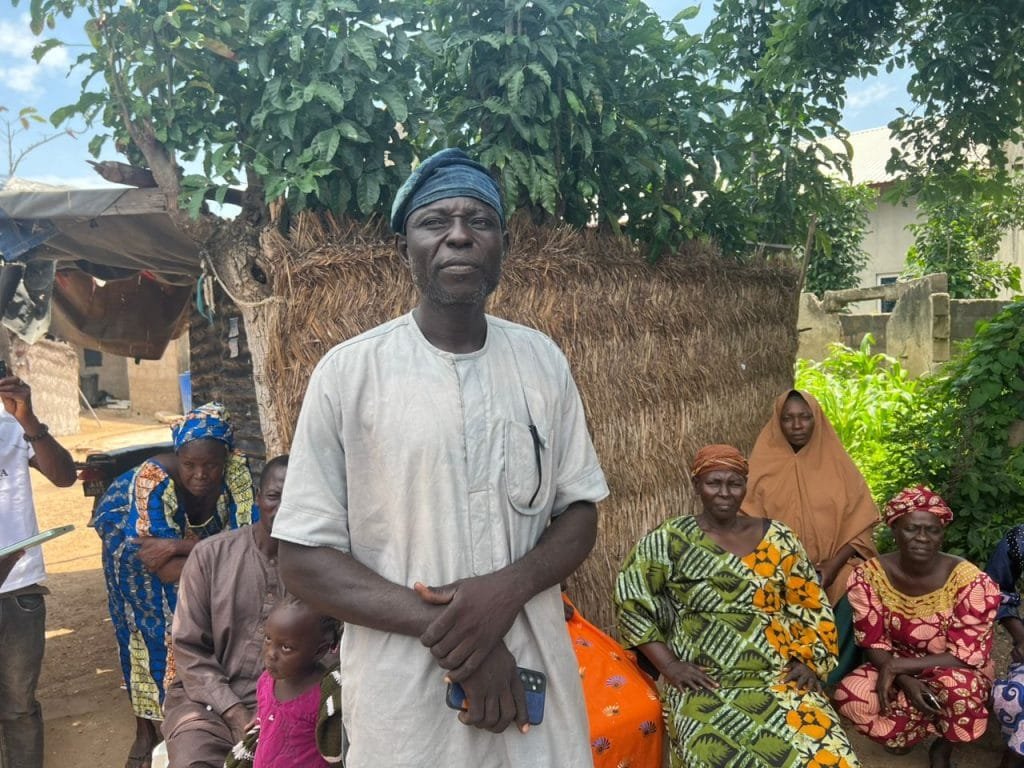


1 comment
Hi